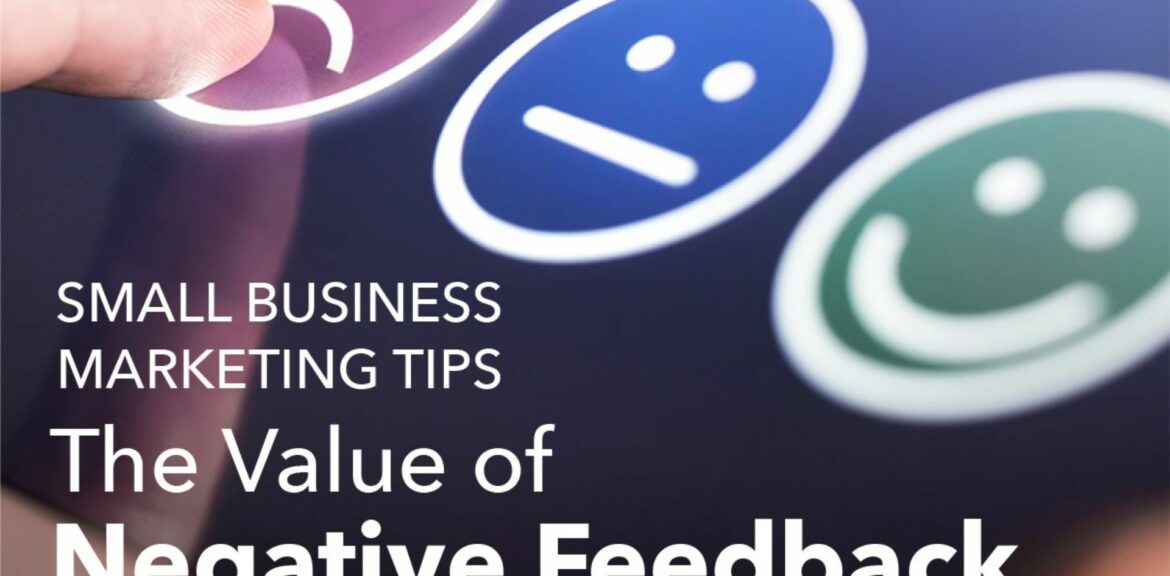Starting a small business may be difficult, but it’s always rewarding. Customer reviews play an important role in building your brand. Positive reviews can boost your online reputation and gain more customers.Negative reviews, on the other hand, can be frustrating, but recognizing their frequent reasons will help you address them more effectively.
Here are some of the most common reasons why new businesses receive unfavorable feedback, as well as concrete methods to enhance your online reputation:
1. Poor Customer Service

Lack of Training
One of the most common concerns that result in unfavorable ratings is inadequate customer service. When employees are not properly trained for customer service, it shows. Customers want prompt, informed, and courteous replies. Lack of experience and training can cause delays, misunderstandings, and unhappiness.
Solution: Invest in extensive training programs for your employees so that they understand your products, services, and customer service policies. Create consistent communication methods to answer requests quickly and professionally.
Inconsistent Service
Businesses frequently promote their unique approach, but inconsistency may be a major concern. Even if previous contacts were excellent, one incidence of bad customer service might result in negative feedback.
Solution: Standardized practices are critical for ensuring consistent customer interactions. Your staff should consistently adhere to these values, whether they interact with clients in person, via email, or by phone. This method encourages dependability and guarantees that each customer has a consistent and favorable experience with your company.
2. Product or Service Quality Issues

Defective Products
Small businesses can frequently receive complaints about obtaining faulty or poor items, which can be ascribed to their inadequate resources for thorough quality inspections, as opposed to bigger organizations.
Solution: To overcome this issue, it is vital to establish a strong quality control method. Regularly examining things before shipment helps avoid these infrequent blunders. While it may take an initial investment, implementing strong quality control may greatly lower the likelihood of bad reviews and customer discontent in the long run. This proactive strategy improves product reliability and builds customer trust in your brand.
Service Delivery Problems
If you're a business providing services, failing to satisfy client expectations might result in bad review if your organization provides services. This might involve missing deadlines, unfinished work, or a lack of follow-up.
Solution: Define the scope of your services and manage consumer expectations from the start. Check-in with your clients regularly to verify their content with your service.
3. Misleading Advertising

Over-Promising
Over-promising in marketing tactics and hidden fees can also lead to negative feedback.
Solution: Advertise honestly and openly. To exceed customer expectations, promise less and deliver more. To increase confidence, clearly state prices and any additional expenses upfront.
Hidden Costs
Hidden charges can spoil a customer's experience and result in unfavorable comments. Unexpected costs may make customers feel abused, which is especially detrimental to a young firm.
Solution: To overcome this issue, be clear about the price and any additional costs. Transparency fosters trust, and clients are more likely to respect your honesty than be surprised by unanticipated expenses. Discussing pricing from the start may develop great client relationships and avoid negative feedback.
4. Lack of Responsiveness

Delayed Responses
Delayed responses to client requests or complaints often lead to customers leaving negative reviews.
Solution: Build a communication system to reply to all client inquiries promptly. To demonstrate your dedication to customer satisfaction, create a system for promptly responding to and resolving concerns.
Failure to Address Complaints
It is significant not to dismiss or mishandle unfavorable feedback. Customers want their problems to be treated seriously and addressed promptly.
Solution: Establish an organized strategy for dealing with complaints to manage criticism successfully. Recognize each unfavorable review and address the issue openly. This displays your dedication to client satisfaction and readiness to address concerns honestly. Prioritizing client feedback and responses can help you build trust and reduce the impact of bad reviews on your organization.
5. Inadequate Online Presence

Poorly Managed Social Media
Social media profiles are poorly kept, and the website is outdated.
Solution: Maintain your social media presence by regularly updating and connecting with customers. Ensure your website is user-friendly, visually beautiful, and routinely updated with relevant content.
Outdated Website
Your company's website serves as its digital face. An old or unavailable website can annoy clients and lead to bad feedback.
Solution: To combat this, create a visually beautiful and user-friendly website. Make sure it's optimized for both desktop and mobile devices. To improve customer experience and satisfaction, update your site regularly with updated products, services, and contact information. This innovative approach increases client involvement and strengthens your online reputation.
Conclusion
Negative feedback provides substantial hurdles for small businesses, but recognizing the common causes can help them take proactive actions. Addressing concerns such as customer service, product quality, advertising clarity, responsiveness, and internet presence can help you reduce negative comments and increase overall customer happiness.
Quick and efficient replies to bad reviews may convert unhappy customers into regular supporters. If you're looking for a way to handle reviews effectively, Reviewr can assist small companies in negotiating internet criticism. Our tools and approaches are intended to improve your reputation and build a strong online presence.
Do not allow bad reviews to define your business. Contact us today to start improving your online reputation.









